90% battery durability target for Toyota as it plots EV catch-up
Want an EV that can retain at least 90 percent of the battery’s original capacity over its life?
Toyota may soon have the answer.
Toyota is hitting the fast-forward button on its EV plans as it tries to catch up with an industry surging ahead.
Longer lasting batteries and more energy dense solid state batteries could be key to Toyota’s EV future as it announced a US$13.5 billion ($18.3 billion) investment on batteries by 2030.
The Japanese brand that dominates on sales of hybrid cars has been among the slowest to embrace battery electric vehicles, instead focusing its EV efforts to date on the low-volume Mirai hydrogen fuel cell electric vehicle.
While Toyota still sees hydrogen FCEV as a key part of the electric car future – and a relevant technology for four-wheel drives such as the Hilux, Prado and LandCruiser – the traditionally conservative brand only announced its first mass-produced EV early in 2021 with the bZ4X concept, due to become production reality in 2022. Toyota has also confirmed it will supply EV versions of its rugged LandCruiser 70-Series.
READ MORE: A hydrogen-powered LandCruiser? It seems a matter of time
READ MORE: EVs and PHEVs to join Toyota Australia lineup for electrified lineup by 2030
READ MORE: Electric Toyota LandCruiser set for production
But in an investor briefing no doubt designed to reassure investors it was not being left behind by the likes of Tesla, Mercedes-Benz, Volkswagen, Ford and General Motors – each of which is making big EV inroads – Toyota gave an insight into the imminent investment in batteries and battery technology.
90% battery longevity target for Toyota EVs
And battery longevity is a big part of Toyota’s future plans.
Chief technology officer Masahiko Maeda said the company was targeting “90 percent endurance performance” for the batteries in its BEVs.
While he didn’t give a time frame for when the batteries should still retain 90 percent of their charge, we’re assuming it refers to the industry standard eight years, at which point most EV manufacturers guarantee about 75 percent of the battery’s original capacity. In other words, 25 percent of the EV range your car came with may potentially no longer be available due to battery degradation, something common in all lithium-ion batteries.
For the top-selling EV in the world and Australia, the Tesla Model 3, the battery warranty only guarantees 70 percent of its original capacity after eight years and as little as 160,000km.
READ MORE: FAQ: Do EV batteries wear out?
“For the Toyota bZ4X, which is scheduled to be launched soon, we have set a target of 90 percent endurance performance, which is one of the highest in the world, and we are currently finalising our development efforts to achieve it,” said Maeda.
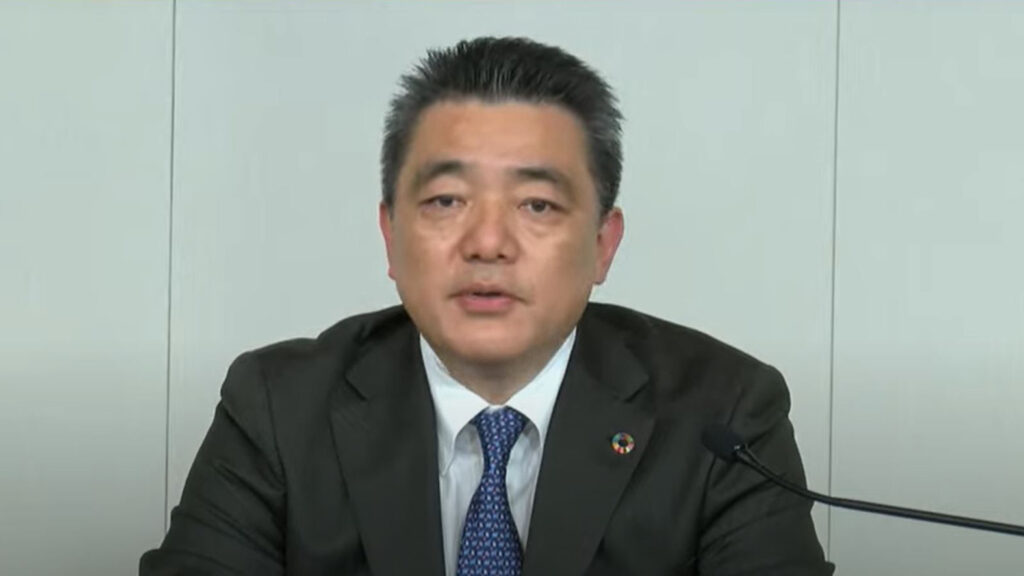
All of which makes perfect sense for Toyota: so much of Toyota’s brand reputation comes from building vehicles that often last longer than those of rivals. So-called QDR – quality, durability and reliability – is a core of the Toyota brand.
“From a detailed analysis of the inside of lithium-ion batteries, we know that degraded materials on the surface of the anode have a significant impact on the life of a battery. To suppress the generation of these degraded materials, we are clarifying the generation mechanism and taking measures in various aspects such as material selection, pack structure, and control system.
“Careful implementation of detailed analysis and an accumulation of countermeasures has led to improved endurance performance.”
Solid state batteries part of Toyota’s EV mix
Toyota says it is developing its own lithium-ion batteries as well as the next evolution of the old school nickel-metal hydride batteries that have kept most of its hybrid vehicles running for decades. The evolution of nickel-metal hydride is referred to as “bipolar nickel-metal hydride” – claimed to have about double the energy density – and “will be used in an increasing number of vehicles”.
But it’s solid state batteries that could be the bigger play for Toyota.
Solid state batteries are seen as the next big step in EV battery technology, with billions being pumped into their development to realise far greater energy density.
“We are developing all-solid-state batteries to see if we can bring out the joy in such things as high output, long cruising range, and shorter charging times,” said Maeda.
He says Toyota built a development vehicle in 2020 and continues to learn more about solid state technology and the challenges with making them commercially viable.
“There are some things that we have learned during the development process,” he said during the briefing.
“All-solid-state batteries are expected to have higher output because of the fast movement of ions within them. Therefore, we would like to take advantage of the favorable properties of all-solid-state batteries by also using them in HEVs [hybrid vehicles].”
But he said one of the big challenges was ensuring longevity of solid state batteries.
“We found that short service life was an issue.
“To solve this and other issues, we need to continue development, mainly of solid electrolyte materials.
Crucially, he said engineers had identified how to solve that problem.
“We feel that having identified an issue has brought us one step closer to commercialisation,” said Maeda.
More Toyota EVs to come
Maeda said “Toyota is preparing a full lineup of electrified vehicles” – something that starts in 2022 with the bZ4X.
However, that statement needs some clarification.
Governments and car makers around the world define an electrified vehicle as a BEV, PHEV or FCEV, whereas Toyota also includes regular petrol-only hybrids in its definition.
But he went on to say the company “will also accelerate the introduction of BEVs and PHEVs, leveraging the strengths we have gained through our experience so far”.
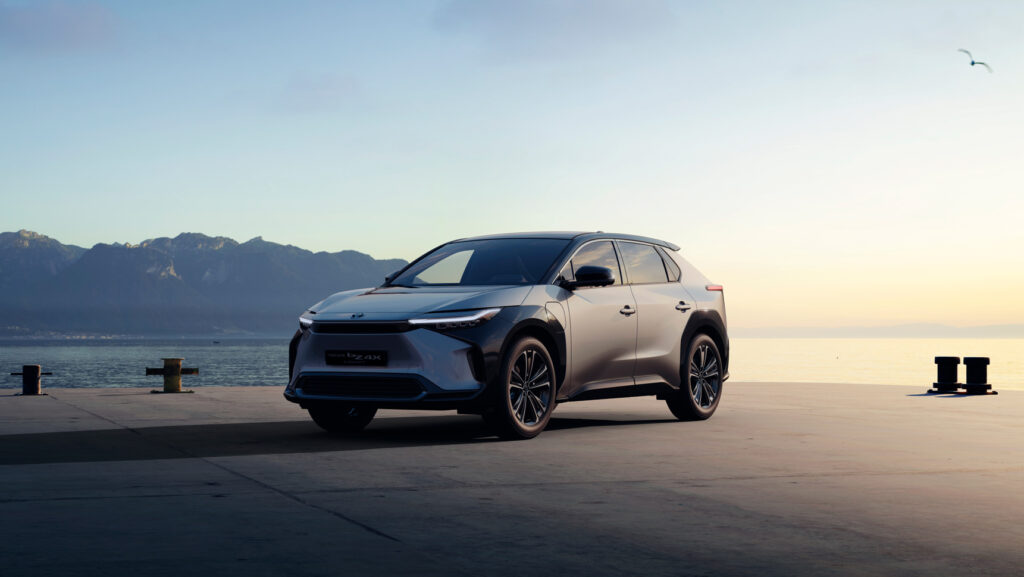
The emphasis of his speech was very much on overall CO2 reduction and that the technology to achieve that could vary depending on where it is being sold. That echoes previous Toyota Australia comments that there’s no point diving into battery electric vehicles if the energy source supplying the electricity emits a lot of CO2.
But it’s batteries that are the focus as Toyota pursues a future with more EVs in the range. Maeda nominates them as one of the three core technologies – electric motors and power control units being the others – in the imminent shift to electric vehicles.
He said Toyota has a “unique approach” and a “competitive edge” learnt from the years of producing hybrid vehicles such as the Prius, Corolla, Camry, RAV4 and Kluger.
“For lithium-ion batteries for PHEVs and BEVs, we have been striving to improve both cost and endurance, and we will continue to improve them as we move forward.

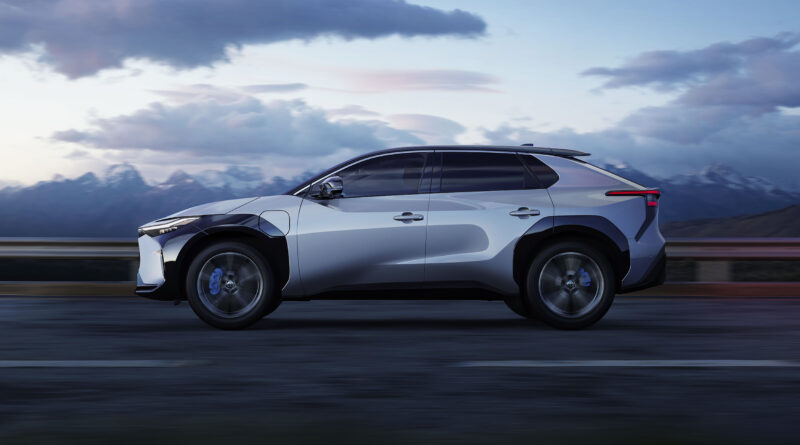
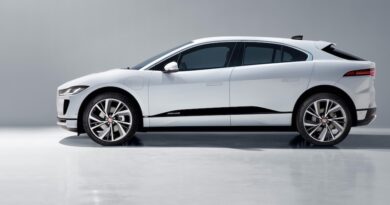
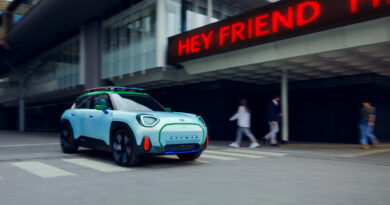
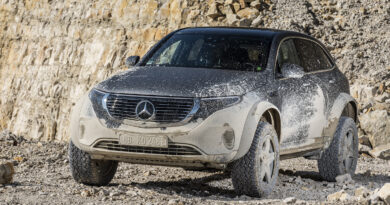
All a little confusing give Toyota has entered into a relationship with BYD (to provide a platform) and who’s LFP Blade Battery already promises durability at this level, I believe?